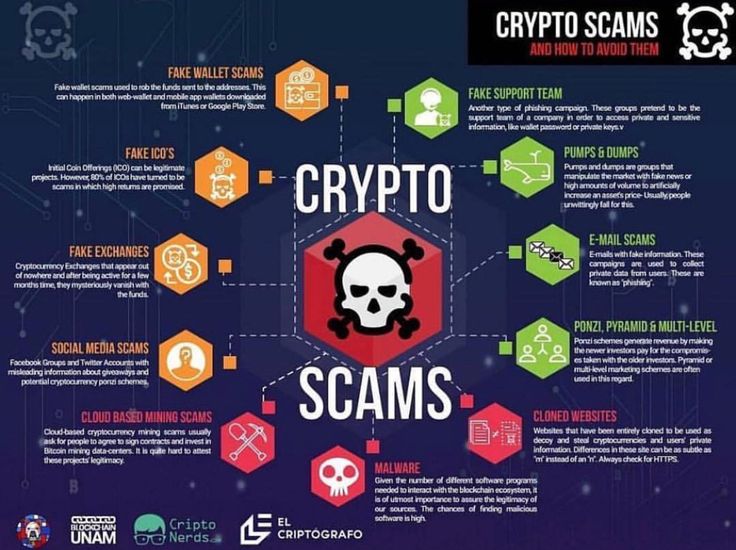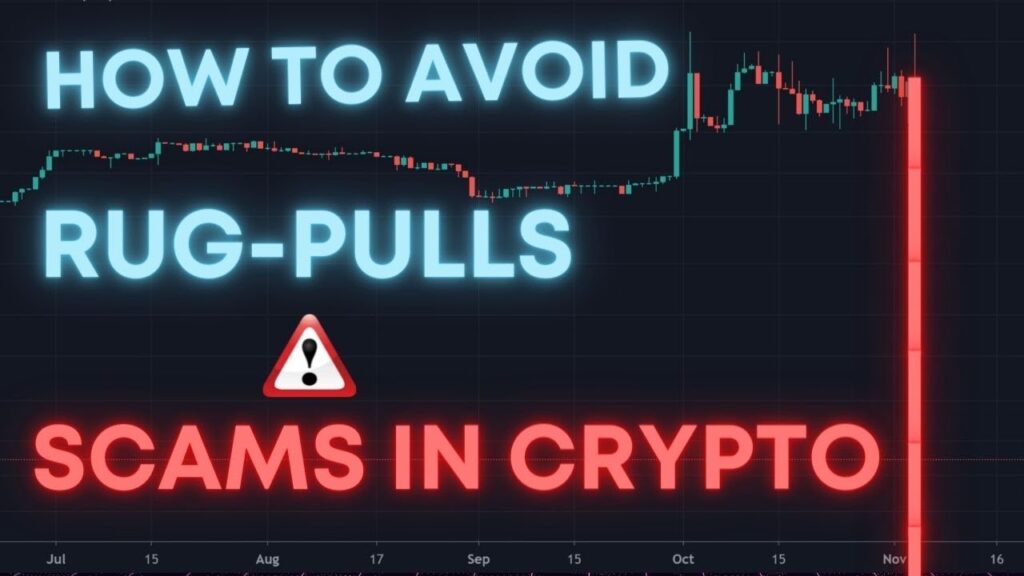
Introduction
So you’ve stepped into the thrilling world of crypto. 🚀 Maybe you just made your first trade, or maybe you’re already deep in altcoin Twitter and Discords. Either way, here’s the harsh truth:
Crypto is full of traps—and scammers are everywhere.
From slick-talking Telegram admins to fake Elon Musk giveaways, fraud in crypto trading is big business. But don’t worry—this article is your armor. We’re going to break it all down so you can trade smart, stay safe, and never be someone else’s exit liquidity.
Why Crypto Is a Magnet for Scams
Anonymity and Decentralization
Crypto was built to cut out the middleman—but that also cuts out a lot of the safety nets. No bank, no customer support line, no chargebacks. Once funds are gone, they’re gone.
Lack of Regulation
Crypto’s wild west vibe means scammers can operate in broad daylight, especially in unregulated or lightly-policed areas. That’s why you’ve got to be your own watchdog.
The Most Common Types of Crypto Scams
Phishing Attacks
You get an email that looks legit—maybe it says “Verify your wallet” or “Claim your airdrop.” You click the link. Bam. Your wallet’s emptied faster than you can say “I should’ve checked the URL.”
Fake Exchanges
These websites look exactly like legit exchanges—down to the logo and layout. You deposit your funds… and poof, they vanish into thin air. Always verify the URL (or better yet, bookmark it).
Rug Pulls and Pump & Dump Schemes

You invest in a shiny new token hyped by influencers. The devs pull the liquidity, and the price crashes. You’re left holding the bag—literally.
Ponzi and Pyramid Schemes
“If you recruit three friends, you’ll double your crypto in a week!” Spoiler: the only people getting rich are the ones at the top.
Fake Giveaways (The “Elon Musk” Trick)
You see a tweet: “Send 0.1 BTC, get 0.2 back!” That’s not generosity—that’s a textbook scam. Elon isn’t giving you free Bitcoin. Ever.
Romance Scams and Social Engineering
Yes, scammers even use love. They’ll charm you for weeks, then ask for crypto “help.” If your new online crush is obsessed with Bitcoin—run.
Red Flags to Watch Out For
Too-Good-to-Be-True Promises
Guaranteed profits? Risk-free crypto? Passive income of 5% per day? If it sounds too sweet, it’s probably a sugar-coated scam.
Pressure Tactics and Urgency
“Limited time only!” or “Send funds now before the window closes!” Scammers love urgency. Real crypto projects don’t force you to FOMO.
Lack of Transparency
No team bios, no whitepaper, no audit? That’s a problem. Legit projects show their work.

No Whitepaper or Team Info
Would you invest in a business with no plan and anonymous owners? Same rules apply in crypto.
How to Stay Safe in the Crypto Jungle
Use Reputable Platforms Only
Stick with well-known exchanges and wallets. If you’re trying a new one, do your homework—read reviews, check for licensing, and ask the community.
Always Double-Check URLs
Scammers use fake links that look almost right: coinbaze.com or binannce.org. Bookmark legit URLs to avoid typo traps.
Verify Project Credibility
Check for audits, check the team, check the roadmap. And don’t just trust Twitter influencers. DYOR—Do Your Own Research.
Enable 2FA and Secure Passwords
Use two-factor authentication (2FA) wherever possible. Don’t reuse passwords across wallets or exchanges. And please—no “password123.”
Never Share Your Seed Phrase
Let’s make this crystal clear:
No one should ever ask for your seed phrase.
Not support, not a dev, not your “crypto mentor.” If someone asks, they’re trying to rob you.
Tools and Resources That Can Help
Scam Reporting Websites
These sites let you check and report suspicious activity.
Browser Extensions and Wallet Safety Tools
Extensions like MetaMask’s phishing detector or EAL (Ethereum Anti-Phishing) can stop you from clicking scam links.
Community Alerts and Forums
Reddit, Discord, and Twitter communities often call out shady projects. Listen to the warnings—it could save your wallet.
Real Stories: How People Got Scammed
Case Study: A Rug Pull Disaster
Alex invested $5K in a hyped altcoin. It launched, mooned, and then… dropped 98% overnight. The devs deleted their Twitter. That was it—rug pulled.
Case Study: The Fake Wallet App Trap
Samantha downloaded a wallet from the app store—looked official, had good reviews. But it was fake. Her seed phrase was stolen before she ever made a transaction.
Moral of the story? Always get wallet links from official websites.
What to Do If You’ve Been Scammed
Act Fast—Here’s How
If you’ve sent crypto to a scam address, your window is tiny. Contact your wallet provider, freeze accounts if possible, and gather all transaction data.
Report the Scam
Report it to:
- Local law enforcement
- The exchange (if used)
- Crypto scam databases
It may not get your funds back—but it might stop the scammer.
Try to Track Your Funds
Use block explorers like Etherscan or Blockchain.com to follow where your crypto went. Some tracking services like Chainalysis offer advanced help.
Don’t Fall for “Recovery Scams” Afterward
Scammers know victims are desperate—and they exploit that too. If someone offers to “get your money back for a fee,” that’s another scam.
Conclusion
Crypto is exciting, liberating—and risky. It’s like digital gold, but in a world full of digital pirates. The truth? Scammers only succeed when we’re uninformed or careless.
But now you’re not.
Now you’ve got the knowledge, tools, and street smarts to navigate crypto’s shark-infested waters. So trade smart, stay skeptical, and remember: in crypto, if it smells fishy—it probably is.
FAQs
1. What’s the #1 most common crypto scam?
Phishing. Fake websites, emails, and messages designed to trick you into giving up your seed phrase or sending crypto to the wrong address.
2. How do I check if a crypto project is legit?
Look for team transparency, community presence, third-party audits, and a clear use case. If you can’t find those, back away slowly.
3. Can I recover stolen crypto?
It’s tough. Crypto transactions are irreversible. You can try to trace them, report the scam, and alert exchanges—but recovery is rare.
4. Are hardware wallets safer than software wallets?
Yes! They’re offline (cold storage), so they can’t be hacked unless physically compromised. Perfect for long-term storage.
5. Should I trust crypto giveaways?
99% of them are scams. No legit giveaway will ever ask you to send crypto first. If it’s from a celebrity or seems too good to be true, it is.